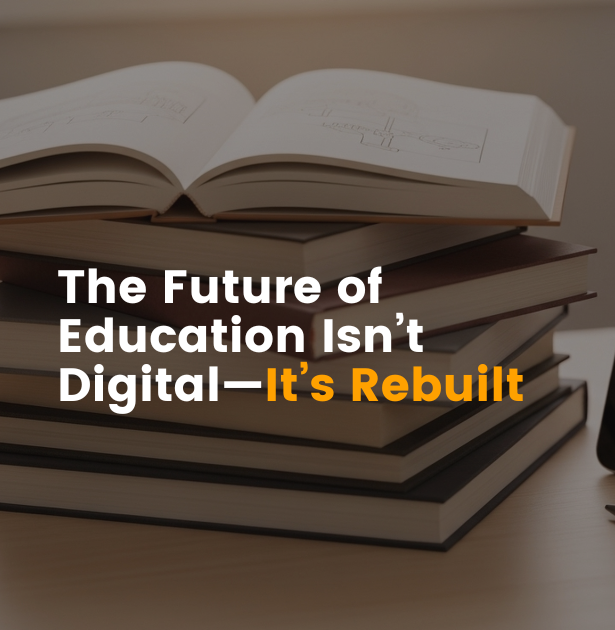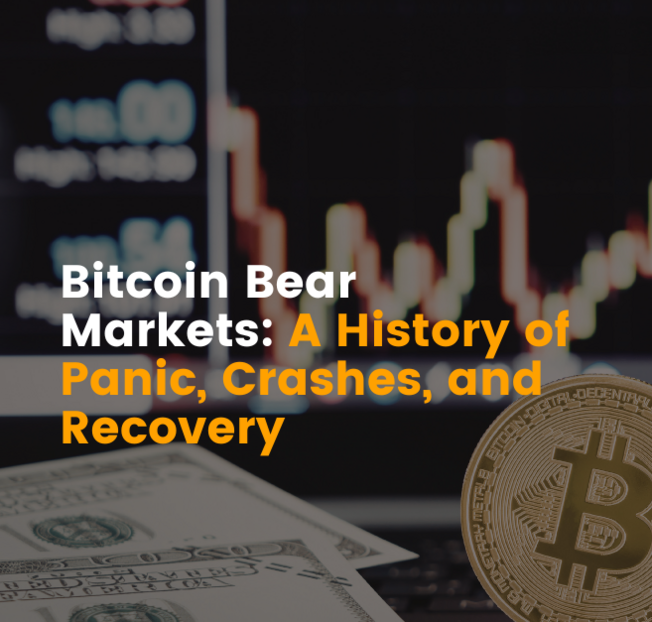Of all the many entrepreneur lessons I have learned, one of the very best lessons came by accident, on a river in Sri Lanka.
When I visited Sri Lanka, I went white water rafting. On the trip down the river, my raft drifted into a beautiful valley, and my guide pointed at the tea plantation on the hillside, the beautiful houses with amazing views, and the bustling town by the river.
“My father, this was all his.” he said
“Which part of it?” I asked
“All of it!” he said.
Thinking his Dad must be a wealthy landowner, I asked him what his background was. That’s when he told me an amazing story.
“My father left the Indian mainland at the beginning of the 20th Century, and came to Sri Lanka to explore. He found this valley, and he liked it so much he decided to stay. He didn’t have any money, so he cleared some land and learned how to plant tea.”
“People liked the tea, so he made more. Then he hired others better than him to plant the tea, as he now had money from his tea sales to pay them.”
“But people didn’t want to travel, so he built extra houses for them and rented the houses to them.”
I interrupted him, “So he paid them a salary and then they paid it back to him as rent?”
“Yes.” He replied
“And he used that rent money to build even more houses?” I asked.
“No. They already had houses. But they wanted nicer food. So he used the rent money to build a restaurant.”
I repeated what I heard, just to be clear: “So he paid them a salary, which they paid back in rent, which he reinvested to run a restaurant, so they worked harder to earn more, and pay for nicer food?”
“Yes. That’s how all these shops started, and the roads got built, and the train station got built, and that bridge got built. Actually, over about 20 years more than 2,000 people have come and settled in this beautiful town, and most of them didn’t even work on the plantation because there was so much else they could do here.”
As we drifted down the river, his story made me think about how money is like a football. If you’re playing football and try and chase the ball, you never get it because it’s moving too fast, and you annoy all the other players.
But if you focus on the game and pass the ball on when it comes to you, you get passed back the same ball over and over again. Just like my guide’s father, he wasn’t focused at chasing money, but on letting the money flow.
Just like footballers who play the game and have the ball passed to them many times, he had the same money passed to him again and again every day, through his plantation, properties, restaurants and shops.
And every time there was a money exchange, it was because he was adding extra value until there was an entire thriving town that was his home. True entrepreneurs do not chase money. They add value. The money is simply a by-product, which they use again to create more value.
“Be still like a mountain, and flow like a great river.” ~ Lao Tse
“Where is your father now?” I asked
“He passed away twenty years ago.”
“Oh, sorry to hear that.”
After a long pause, I said “So did you inherit all of this from him then?”
My guide laughed. “No! During the civil war the government came in and took all my father’s land and businesses away. They confiscated it all and sold it to others. They left us with nothing but a small house by the river. My father was too old to go back to work so he died penniless.”
Shocked, I said, “That must have been devastating!”
My guide just smiled and looked out at the river, “No. He died happy. He lived where he wanted to live, with people he loved. Everywhere he went in this valley, he was friends with everyone. They bought him drinks, treated him to meals. He had no need for money.”
“My father taught me what real wealth is. That’s why I am a river guide.”
My guide gestured up at the hills and down the river, “Why would I go into a big city and have to work hard for money that I would spend on things I don’t need, when I already have all of this.”
I left that trip with less money, and more wealth; with less fear, and more flow; with less to get and more to give.
And I left with a new definition of wealth:
“Wealth isn’t how much money you have. Wealth is what you’re left with if you lose all your money.”
















Leave a Reply